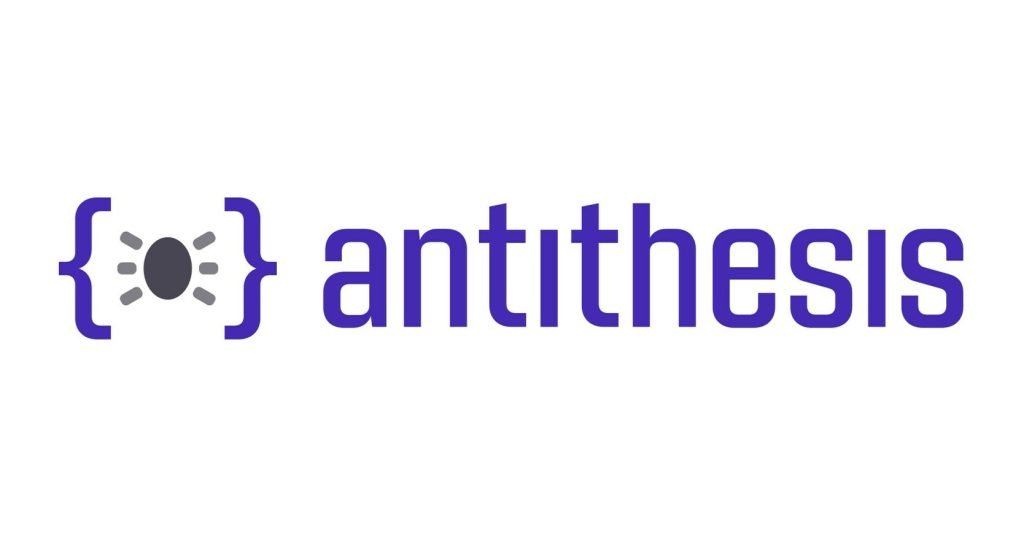The secure, stable, high-performance open source operating system
FreeBSD is a modern, community-governed, open source operating system with enterprise-friendly permissive licensing. It offers superior security, performance, and stability in a single production-ready package.
WHY USE FREEBSD?
FreeBSD is renowned for security – a commitment strongly backed by the global FreeBSD community.
- Security as standard: With strong security features as standard, FreeBSD’s model aims to minimize the amount of code affecting security. Many services are designed to run with minimal privileges, to limit the damage done in the event of a security breach.
- The complete core operating system is developed in a single repository by a single open source project: The FreeBSD Project develops and maintains the kernel and all the core system components, including its device drivers, userland utilities, and documentation.
- Security and Release process: Security features are incorporated into FreeBSD releases before being announced to provide an effective window against potential common vulnerabilities and exposures (CVE).
- Security Team: The FreeBSD Security Team is responsible for keeping the community aware of bugs, exploits, and security risks affecting FreeBSD and promoting and distributing information needed to run FreeBSD systems safely. The team is also responsible for resolving software bugs affecting FreeBSD’s security and issuing security advisories.
- The FreeBSD Vulnerability Disclosure Policy: The FreeBSD Security Officer favors full disclosure of vulnerability information after a reasonable delay to permit safe analysis and correction of a vulnerability, appropriate testing of the correction, and appropriate coordination with other affected parties. The Security Officer will notify FreeBSD Cluster Admins of vulnerabilities that put the FreeBSD Project’s resources under immediate danger
Features:
Jails
A unique feature of FreeBSD, increase security by creating operating system-level containerization and partitioning. This allows administrators to create isolated environments separate from the host operating system, which helps prevent security breaches from spreading to other parts of the system.
Caspsicum
Is a security framework that allows developers to create programs that operate within a safe sandbox environment separate and isolated from the rest of their environment to implement security policies and limit the impact of vulnerabilities.
CheriBSD
Extends FreeBSD to implement memory protection and software compartmentalization, making it more exploitation-resistant. FreeBSD has the most complete implementation of the CHERI framework available.
FreeBSD provides superior performance with a fast, lightweight, and scalable operating system.
Base system: FreeBSD base system is smaller than other operating systems, with only necessary components included, giving it a performance edge.
Features:
TCP/IP
FreeBSD’s TCP/IP stack is native and has less latency and faster response time. Further, FreeBSD offers consistent performance, particularly for network and I/O operations.
The Z File System (ZFS)
Brings a high-capacity fault-tolerant file system with multiple performance benefits to FreeBSD, including pooled storage, end-to-end data integrity, and transactional operation.
FreeBSD’s development process promotes the stability of a complete operating system, making it the choice behind some of the world’s most recognizable and well-known brands.
FreeBSD is a complete operating system, including the FreeBSD kernel, its device drivers, userland utilities, and documentation. FreeBSD is an off-the-shelf package ready to go out of the box. BSD-based operating systems stand out for being complete operating systems.
FreeBSD isn’t just open source; it’s a permissive license and an open governance model that fosters wide adoption and integration into commercial projects.
Use of code: Permissive licenses allow extensive use and modification without imposing stringent conditions.
Distribute in proprietary works: FreeBSD licensing allows using the code and distribution of proprietary products.
Low risk: It’s easy to meet the BSD license reuse requirements. With FreeBSD, the license language must be on everything under the license.
FREEBSD END USERS
From Arm to Netflix, the world’s most innovative organizations and individuals trust FreeBSD for their mission-critical servers and devices. Click on the logos to discover our end user case studies.
GET STARTED
Get FreeBSD
Ready to dive in? Download FreeBSD today and start enjoying stability, security and high-performance.
Learn
New to FreeBSD? Get started
with newbie resources to help you
hit the ground running.
Connect
Join the welcoming FreeBSD community to connect with experienced end users and start contributing.
Three-Part Ecosystem
A leading, long-standing, and highly active open source project, FreeBSD is democratically managed by an elected core team, and supported by the FreeBSD Foundation and community worldwide.
Operating
System
A modern, secure, stable, high-performance open source operating system, driven by an active global community.
Read more
Foundation
The FreeBSD Foundation is a non-profit organization dedicated to supporting and promoting the FreeBSD Project and community.
Read more
Community
A dedicated global community of developers and contributors support and drive FreeBSD, electing a Core Team to lead the project.
Read more
FREEBSD HISTORY
One of the longest-running, active open source projects, FreeBSD has been elevating and advancing computing for more than 30 years. Today, FreeBSD supports the technology crucial to modern lifestyles. From firing up Netflix to supporting the Edge with RGNets, it’s all built using FreeBSD.
1993
First open
governance
Set up a core group to provide leadership rather than having a single person in charge
2000
First container
virtualization
FreeBSD Jails partitions a system into several independent mini-systems
2003
First Mandatory
Access Control
First introduced in FreeBSD 5.0, MAC is a key security improvement used everywhere today
2008
First non-Solaris
integration of ZFS
Developed at Sun, ZFS is an advanced file system focused on data integrity, pooled storage, and performance
2012
First OS running
on CHERI
CHERI provides performant HW protection against memory safety vulnerabilities
2022
First to 800 Gb/s TLS on standard hardware
Async Sendfile, NUMA enhancements, and NIC kTLS promise to increase per-server throughput on COTS AMD server to 800 Gb/s
FREEBSD QUOTES
“Netflix picked FreeBSD 9 because it is a high-performing, low-maintenance, and reliable operating system supported by major hardware vendors. FreeBSD provides a simple but powerful solution capable of serving tens of thousands of simultaneous video streams across multiple 10Gbit fiber optic links.”
David Fullagar
Director of Content Delivery Architecture
A WELCOMING GLOBAL COMMUNITY
Join a friendly community of FreeBSD enthusiasts, from end users to contributors, to discuss FreeBSD, meet fellow members, ask questions about the operating system, and get started contributing.
MAILING LISTS
Questions Mailing List
Connect with the FreeBSD community and find answers to issues you encounter.
Current Mailing List
Participate in discussions on FreeBSD with the global community.




